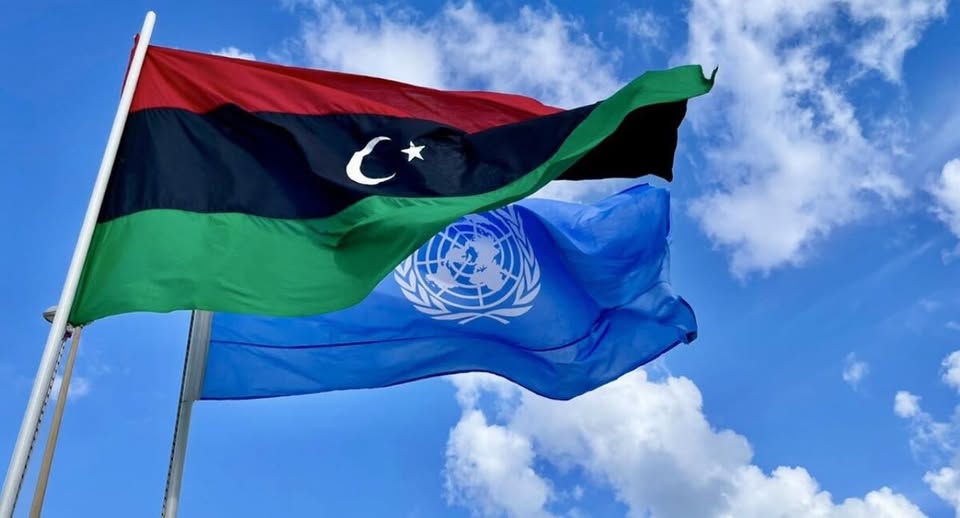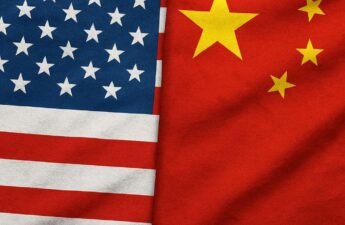The proposed United Nations plan for Libya aims to reform the political system and establish a new government. However, past failures are repeated in the hope of achieving different outcomes. While it is clear that Libya’s ongoing crisis needs resolution, this proposal does not address the root causes of the country’s instability. Focusing on temporary political solutions without a solid constitutional foundation may only deepen divisions within Libya and hinder meaningful progress.
Since the fall of the Qaddafi regime in 2011 to the current United Nations-appointed government of Abdelhamid Dabiba, Libya has experienced ongoing instability. Armed groups—many motivated and supported by regional or ideological agendas—continue to exert control over large portions of the country. This situation has created a lawless and insecure environment, further contributing to fragmentation. In addition to local armed groups, foreign military forces from Turkey and Russia have become entrenched in the conflict to advance their geopolitical interests. Alongside these foreign troops, mercenaries have poured into Libya. In many cases, Libyan nationals have aligned themselves with these foreign powers, often acting against the interests of the Libyan people.
The current Dabiba unity government, initially formed by the United Nations to conduct elections and provide stability, has failed and followed the pattern of previous temporary administrations. Internal divisions, particularly concerning the national budget and control of Libya’s resources, have quickly emerged, exposing the government’s fragility and dysfunction. These divisions have crippled government institutions and resulted in unprecedented levels of corruption, making effective governance impossible. This UN-proposed solution and approach would only prolong the cycle of instability and division that has plagued the country since 2011.
Libya must create a permanent and inclusive constitution to lay the foundation for meaningful change. A constitution that embodies justice, democracy, and national unity is crucial for building a stable political system. It must be accepted by all Libyan communities, ensuring that every region, tribe, and ethnic group—such as the Amazigh, Tebu, and Touareg—has a voice in shaping the country’s future. Without this legal framework, any new government will likely remain weak, susceptible to external interference, and unable to address Libya’s longstanding issues.
The way forward should involve a transparent and inclusive national dialogue to draft a constitution that all Libyans can support. Once this constitution is established, free and fair elections can create a more permanent, legitimate, and accountable government that truly represents the people.
Using outdated, failed solutions will not resolve the situation in Libya and will likely exacerbate the problems faced by the United Nations. Libya’s future should be determined by Libyans themselves, independent of external manipulation and foreign powers’ influence.
Hasty efforts to force quick political solutions will only benefit external actors or entrenched armed groups and will take us back to 2012.




